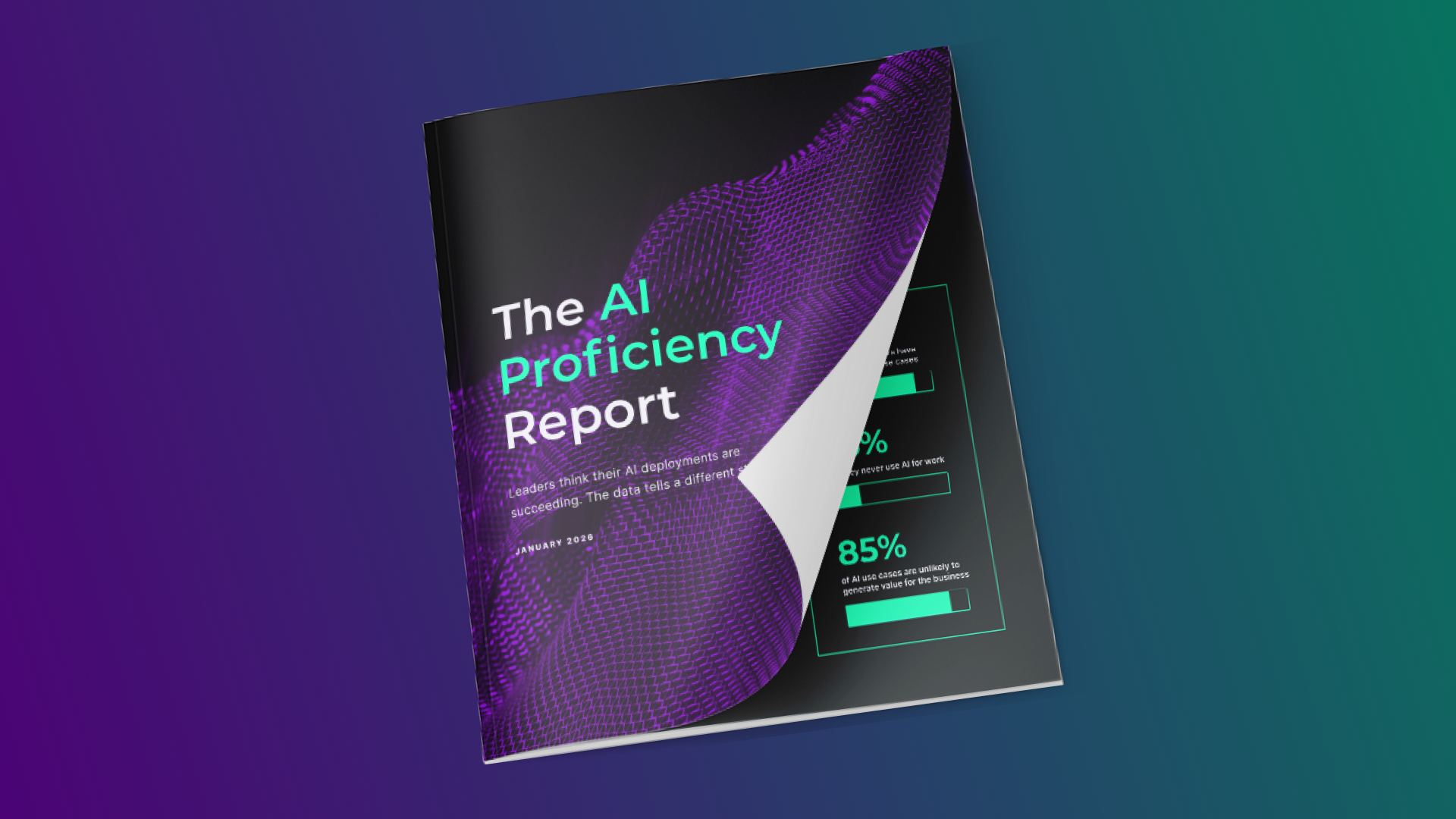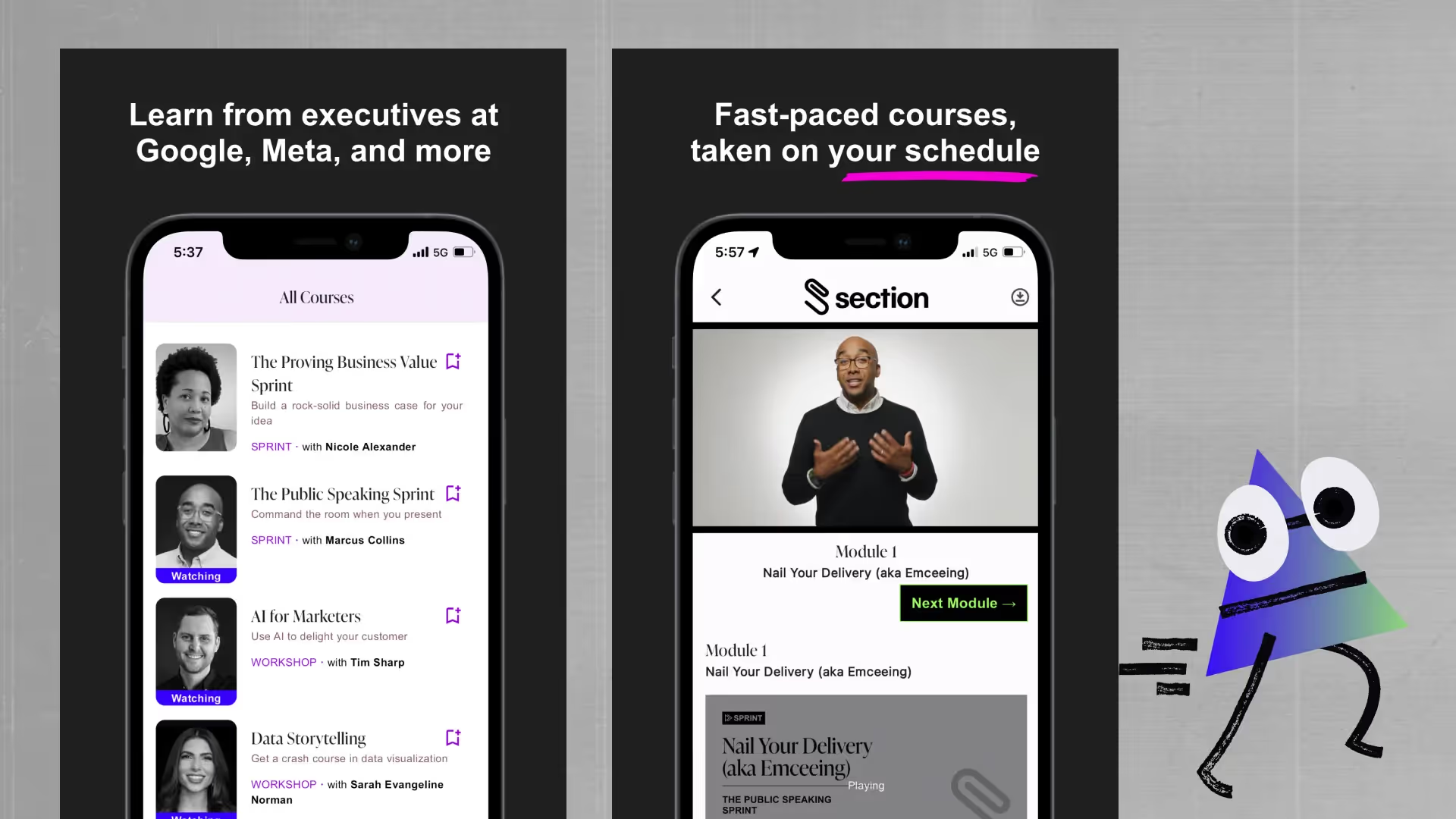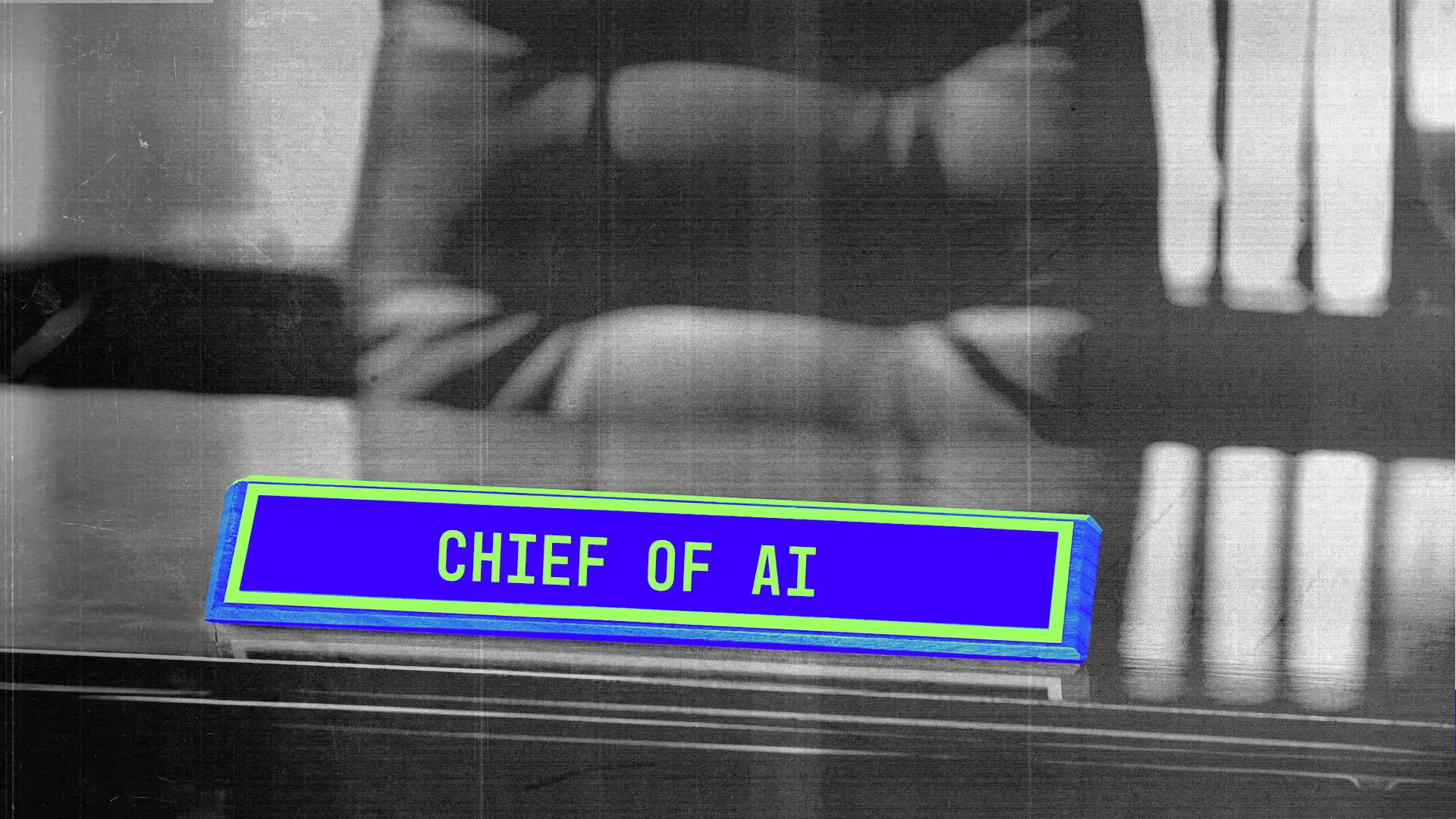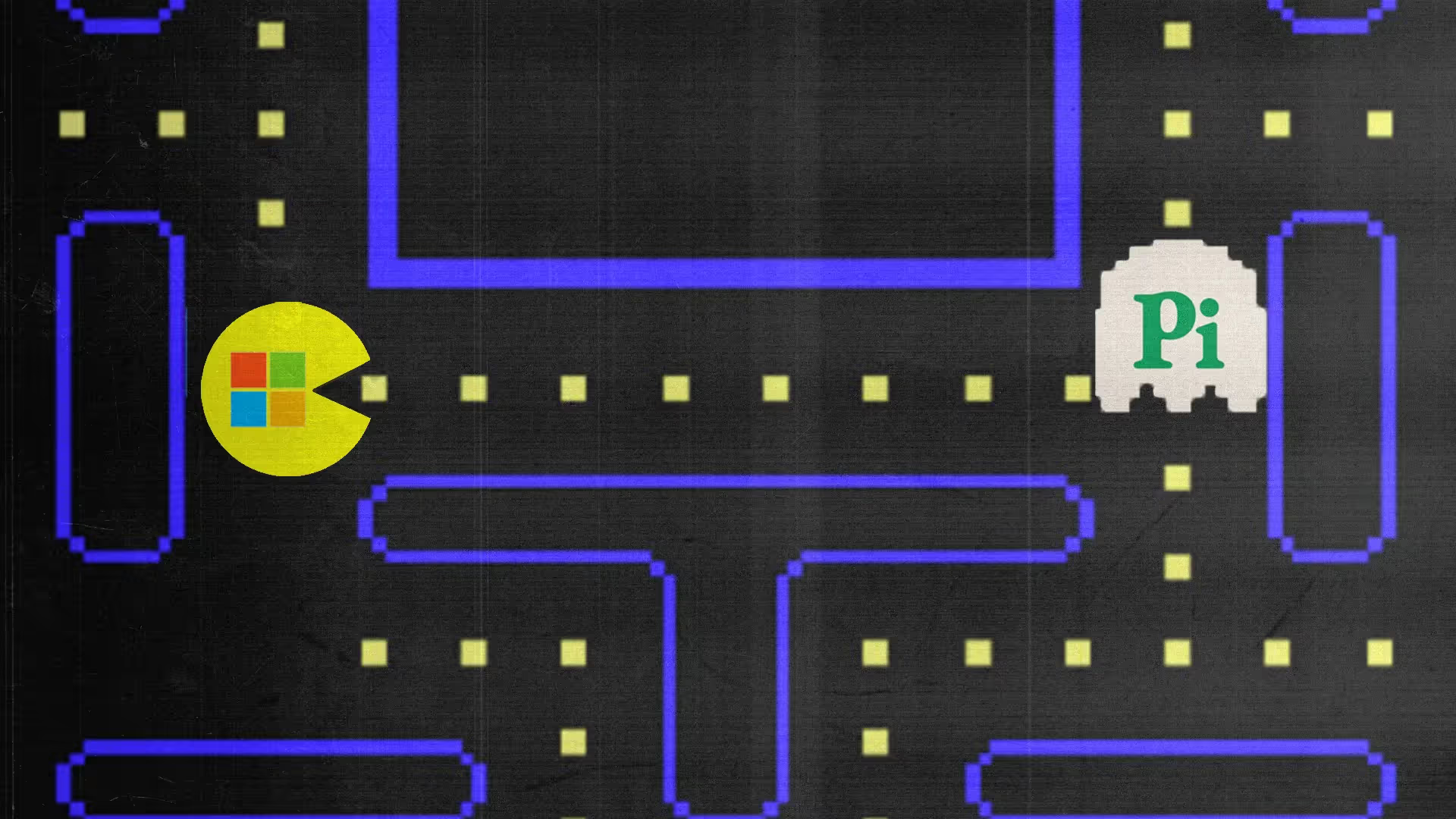AI:ROI Insights
A Section Blog

Why you can’t get your AI automations to work

The new “super leader” has different skills
Today's leaders have a new problem ahead of them: How to transform their businesses into "supercompanies" by fundamentally rethinking the work they do every day.

Why you can’t get your AI automations to work
If you’ve ever tried and failed to automate a seemingly straightforward workflow, it’s likely not on you. Machine & Partners’ Edmundo Ortega is breaking down how our legacy systems hold us back, and how that’s already changing.

The 4 priority strategies for every marketer in Q1
This week, we heard from 8 marketing experts from companies like Estee Lauder, HubSpot, and Zapier on THE AI strategies that need to be in every CMO’s 2026 plan. Our own Head of Marketing, Rachel Fields, is sharing the 4 tactics on her own to-do list.

85% of workers don’t use AI for business value
Our latest AI proficiency research was released this week – and if you’re leading a team through AI transformation, you’re going to want to keep reading.

Section now has a mobile app!
Download the Section app in the Android or iOS store to watch and complete courses on the go.

How to become a Chief of AI
Pitch yourself as Chief of AI using this AI job description and talking points.

Copilot for Microsoft 365: What You Need to Know
Microsoft Copilot is the LLM of choice for 23% of companies, so how good are the new features of Copilot for Microsoft 365? Our AI expert's review.

Pi had a million users. So why did Inflection just implode (and take Pi with it)?
Microsoft just cannibalized a company it was a lead investor in and took its chatbot down with it. Here's what that means for other AI startups.










